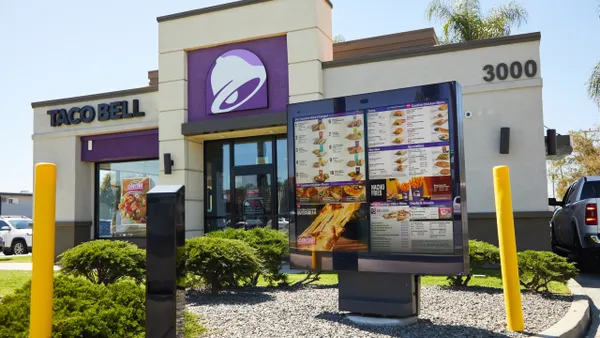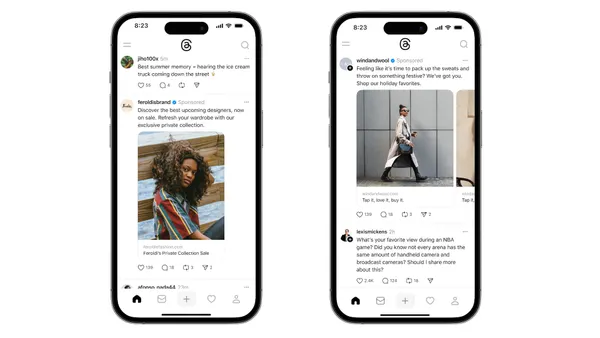Brief:
- The New York Times is inviting greater scrutiny of the location data industry with a series of reports that focus on how mobile tracking invades people's privacy. The newspaper obtained a leaked dataset from sources at a location data company who were alarmed at how the data might be abused, considering the information shows the precise location of people who work in sensitive government roles at the White House and the U.S. Department of Defense, as two examples.
- The Times report shows how the data isn't anonymized because home and office locations typically are enough to identify a single person in a household. The newspaper was able to track the activities of a senior defense official and his wife based on their home address, including their attendance of a protest march, among other examples of what location data reveals.
- Location data is highly valuable to marketers, helping them to determine how advertising leads consumers to the point of sale, including visits to stores, car dealers and restaurants, as the Times reports. The location data industry mostly relies on self-regulation in the absence of laws that might restrict their data collection and sharing activities, the newspaper reported.
Insight:
The New York Times' exposé on location data tracking is intended to raise awareness of how much personal information people reveal through their smartphones, and to raise alarms about potential areas of abuse of the data. It's too early to tell whether the report will lead to greater public demand for a federal privacy law that restricts the collection or re-sale of location data. Consumer privacy is mostly dependent on the individual policies of companies that collect the information, but self-regulation may not be enough to assuage people who don't want their everyday movements tracked.
For mobile marketers, the report is a reminder that they need to be transparent with consumers about how they collect and use data, including information that's provided voluntarily. The Times' report mostly focuses on third-party location data, but first-party and "zero-party" data is more valuable to marketers. Many consumers willingly download apps from retailers, restaurants and other businesses and share location data in exchange for coupons, discounts and other special offers. But consumers need to feel that they're getting value for disclosing their personal information as they grow more cautious about data sharing, a study by the Advertising Research Foundation (ARF) found. While marketers that collect information directly from their customers have little incentive to share it with others, they should provide full disclosure on how they use the information for marketing purposes.
The Times report also highlights how U.S. states and cities are working on a patchwork of regulations to address consumer concerns about data sharing in the absence of a federal privacy law. California is setting the national agenda for consumer privacy with the California Consumer Privacy Act (CCPA) that takes effect in January, although the state's attorney general is offering a six-month grace period on enforcement. On a more local level, New York City is weighing whether to ban the controversial practice of selling mobile users' location data, eliminating a revenue source for telecommunications companies and apps that collect the troves of information.
Location data helps to boost the effectiveness of ad campaigns, according to a report this year by location data provider Factual. Spending on location analytics is set to grow to $15 billion by 2023 from $8.35 billion in 2017, according to a report from mobile data company Placer.ai cited by Bloomberg.














